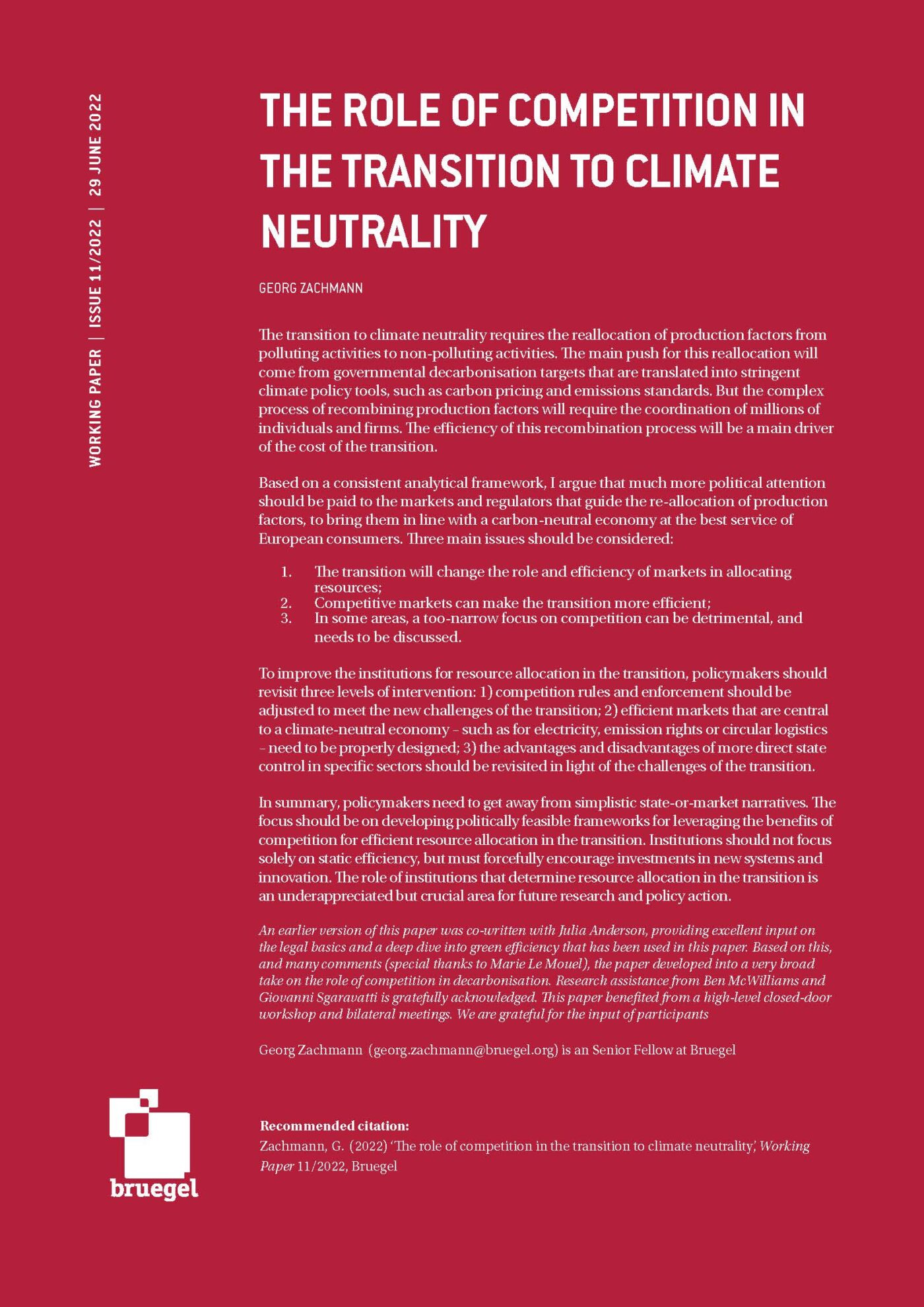Blog Post
Trade and firm heterogeneity
‘The empirics of firm heterogeneity and international trade’, co-authored by Bernard, Jensen, Redding and Schott, provides a detailed analysis of new developments in trade theory. The paper is featured on the reading list of the Economist Free Exchange. New trade theories shifted away from the traditional focus on comparative advantage and emphasized the role of […]
‘The empirics of firm heterogeneity and international trade’, co-authored by Bernard, Jensen, Redding and Schott, provides a detailed analysis of new developments in trade theory. The paper is featured on the reading list of the Economist Free Exchange.
New trade theories shifted away from the traditional focus on comparative advantage and emphasized the role of increasing returns to scale and consumer demand for variety. The building block of the analysis was the representative firm. New micro datasets however allow for firm heterogeneity, revealing an avenue of research that challenges previous approaches.
Here are some of the recent findings illustrated by Bernard et al.:
– Exporting firms tend to be larger and have higher productivity levels than non-exporting firms
– By reallocating resources across firms within industries, liberalizing trade will raise average productivity
– Reducing trade costs determines firms to adjust their product range, as well as to reevaluate their decision about serving foreign markets and organizing foreign production
– Firm analysis makes it possible to understand the relationship between trade and wage inequality
Firm heterogeneity also lies at the heart of Bruegel’s EFIGE project, which makes use micro data from the EFIGE survey to look into how the recession affected European companies. The latest blueprint analyses firm trade behavior, performance and employment decisions, among others.
Republishing and referencing
Bruegel considers itself a public good and takes no institutional standpoint. Anyone is free to republish and/or quote this post without prior consent. Please provide a full reference, clearly stating Bruegel and the relevant author as the source, and include a prominent hyperlink to the original post.












